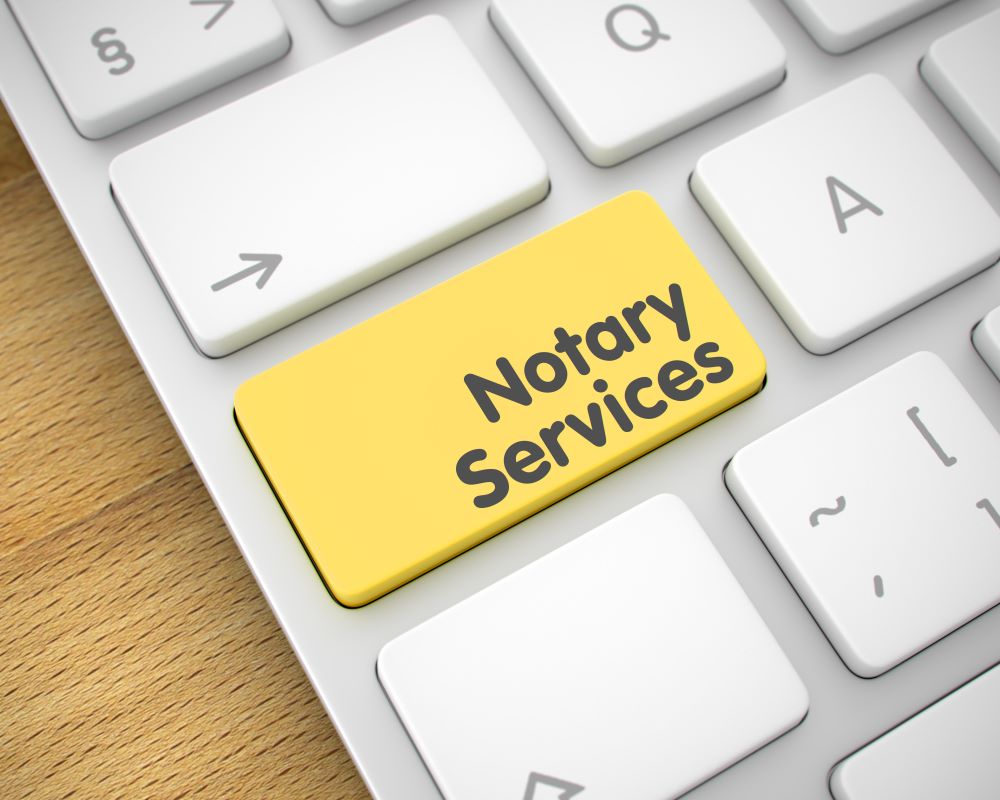Our Offices: Philadelphia, PA Moorestown, NJ

In our Virtual Estate Planning Blog, we pointed out that Wills need to be notarized to be self-proving and Financial Powers of Attorney need to be witnessed notarized to be effective. The notary statutes in both Pennsylvania and New Jersey require that the person signing the document appear before the notary. The physical appearance requirement has become an obvious impediment to executing estate planning documents and other items requiring notarization like deeds. Fortunately, this obstacle to getting your estate plan done has been removed in both Pennsylvania and New Jersey.
Governor Tom Wolf of Pennsylvania issued an executive order on March 25, 2020 permitting remote notarization for real estate transactions that were already in progress at that time. On April 2, 2020, the Pennsylvania Department of State lifted the physical presence requirement for six documents: Powers of Attorney, Self-executing Wills, and Temporary Guardianships all of which require notarization as well as Advance health care directives/health care powers of attorney, Living Wills, and Standby and Temporary Guardianships for which it is best practice to have notarized. The Pennsylvania General Assembly passed Senate Bill 841 and presented to Governor Wolf on April 16, 2020 codifying this exemption until the end of the emergency.
Remote notarization in Pennsylvania will require that notaries follow the Revised Uniform Law on Notarial Acts including using “multilayered identity verification, use of tamper-evident technology and an audio-video recording of the notarial act.” Notaries will need to use one of Pennsylvania’s approved electronic notary vendors to perform remote notarization and the acknowledgment for remote notarization must include a statement that communication technology was used. The Department of State has determined that including the phrase “This notarial act involved the use of communication technology” will satisfy this requirement.
New Jersey Governor Phil Murphy signed a remote notary act on Tuesday April 14, 2020. The New Jersey Assembly had passed two similar bills in late March both of which specifically excluded Wills and codicils. It also did not take effect for 90 days after the Governor signed it. Fortunately, the Assembly amended the bill to allow remote notarization for Wills and make it effective immediately upon the Governor’s signature. Notaries in New Jersey will need to have “satisfactory evidence of the identity of the remotely located individual by using at least two different types of identity proofing.” Individuals should be prepared to show two forms of identification. New Jersey is also requiring that notaries record the signing and keep the recording for a period of at least 10 years.
Estate planning can be stressful even under the best circumstances. With these new notarization rules, we can get your documents prepared and executed for our clients while you stay in the comfort and safety of your home.
If you have additional questions, please contact John J. Leonard, Heidi E. Anderson, or Robert R. Atkins, Jr. at (215) 567-1530 or (856) 273-6679 or visit us on our website at LeonardSciolla.com.












